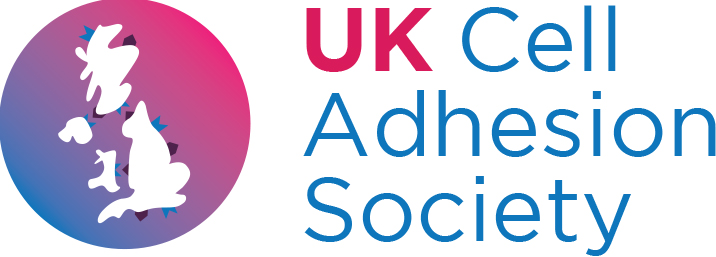Oliver Borst, University Clinic of Tuebingen, Germany
Oliver Borst is a Consultant in Cardiologist at Eberhard Karls University Tuebingen, Germany, whose research focuses on the role of platelets in inflammation and their contribution to the development and progression of cardiovascular diseases. He has a particular interest in the intracellular signalling pathways responsible for platelet activation and secretion, as well as interactions with leukocytes.
John Greenwood, University College London
Professor John Greenwood is the Hugh Davson Professor of Biomedical Research and Head of the Department of Cell Biology at the UCL Institute of Ophthalmology, University College London. The main focus of the Greenwood laboratory is the role of the vasculature in CNS disease. A significant part of this research addresses the role the vascular endothelium plays in inflammation, in particular endothelial cell mechanisms that facilitate the recruitment of leukocytes to the retina and brain, a critical step in the pathogenesis of diseases such as posterior uveitis and multiple sclerosis (MS). This work has established the principle of outside-in signalling in brain/retinal endothelial cells mediated through leukocyte engagement of endothelial cell adhesion molecules and the downstream effector mechanisms that support leucocyte transvascular migration. With this information we have been able to design novel therapeutic approaches to target these critical pathways in order to reduce leukocyte recruitment and attenuation the disease process. Work from the Greenwood laboratory has influenced the decision to trial statins for the treatment of uveitis and multiple sclerosis and led to a successful clinical trial in secondary progressive MS. More recently, our vascular cell biology research has also developed to address the biology underpinning vascular complications in diseases such as diabetic retinopathy and neovascular (wet) AMD. This work has resulted in the identification and characterisation of a novel pro-angiogenic factor called leucine-rich alpha-2-glycoprotein 1 (LRG1) and has led to the development of a therapy targeting this protein.
https://iris.ucl.ac.uk
Steven Thomas, University of Birmingham
Steven Thomas is a lecturer in Cardiovascular Sciences whose research focuses on the role and regulation of the actin cytoskeleton in platelets and their progenitor cell, the megakaryocyte. Originally coming from a plant biology background, he has developed an interest in the cytoskeleton, firstly as a key regulator of programmed cell death in pollen and more recently in understanding how the cytoskeleton is involved in both platelet production from megakaryocytes and in regulating platelet activation, adhesion and thrombus formation. More recently he has been using super-resolution microscopy to provide deeper insights into the organisation of the cytoskeleton in these cells and how podosomes and platelet actin nodules are important for platelet function.
http://www.birmingham.ac.uk
Michael Sandholzer, Helmholtz Zentrum Munich, Germany
Michael graduated from the University of Vienna in 2010 with a M.Sc. in Human Biology, with a focus on biomedical imaging, osteology and radiology. Between 2011 and 2014 he then went on to do a Ph.D. at the University of Birmingham, during which he worked intesively on the application of micro-CT imaging in biomedical research. In early 2014 he took up a Bioimaging postdoctoral position at MRC Harwell, researching the 3-D visualisation of gene expression in mouse embryos using tomographic and microscopic methods. Since April 2015 he heads the Preclinical Imaging Unit at the Institute of Experimental Genetics at the HelmholtzZentrum Munich. This current position focuses on in-vivo micro-CT, preclinical MRI and other imaging modalities to phenotype mice as part of an international multi-centre collaboration.
